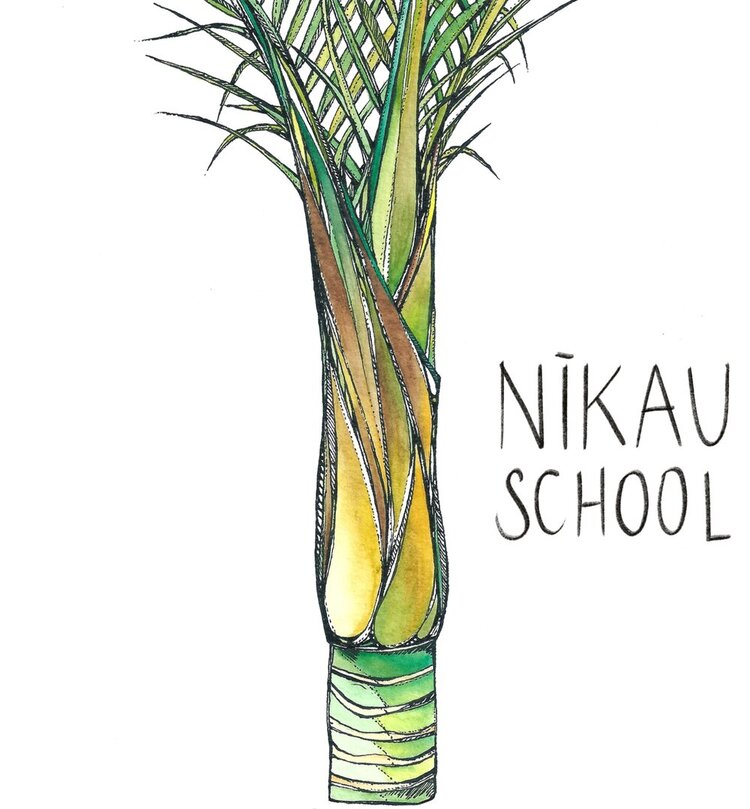If you’ve ever typed “Montessori school near me” into Google, you’re not alone. Across Auckland, the North Shore, and Northland, more and more families are exploring Montessori education as a calm, child-centred alternative to mainstream schooling.
But what is it about Montessori that’s resonating with parents—and what should you look for when choosing a Montessori school?
What Makes a Montessori School Different?
Unlike traditional education models, Montessori schools are based on the philosophy of Dr. Maria Montessori, which recognises that children are naturally curious, capable learners when given the right environment.
Here’s what you’ll typically find at a quality Montessori school in Auckland or Northland:
Mixed-age classrooms that encourage peer learning and leadership
A calm, purposeful atmosphere with long periods of uninterrupted work time
Beautiful hands-on materials that help children see and touch abstract ideas (from maths to grammar to geography)
Respectful guidance rather than top-down instruction
A strong focus on independence, focus, and responsibility
Looking for a Montessori School in Auckland or Northland?
When searching “Montessori school North Shore” or “Montessori school Northland,” parents often discover a variety of environments—but not all are created equal.
Here are a few tips:
Look for schools with AMI-trained guides (Association Montessori Internationale)—this ensures the programme follows the original Montessori method.
Ask how the school balances academic support with social-emotional development.
Observe a classroom in action—does it feel calm, respectful, and purposeful?
Consider location and accessibility—many parents are looking for a Montessori school near me that also aligns with their family’s values and schedule.
Why Families Love Nīkau Montessori School
Located in beautiful Snells Beach, Nīkau Montessori School offers a beachfront Montessori environment that blends the authentic Montessori approach with outdoor exploration, peace education, and creative expression.
Our community includes families from across Auckland, the North Shore, and Northland, all seeking something more intentional for their child’s education.
We offer:
A Montessori primary programme (ages6-12)
Small class sizes and individualised learning plans
Trained Montessori guides who support both academic and personal growth
A focus on nature, real-life skills, and respect for each child’s unique path
Ready to Explore Montessori?
If you’re a parent looking for a Montessori school in Auckland, the North Shore, or Northland, we invite you to visit Nīkau Montessori School.
We welcome families from all walks of life who are seeking:
A more peaceful, respectful approach to education
A school that sees and supports the whole child
A strong community of like-minded parents
📍 Find us in Snells Beach – easily accessible from Warkworth, Matakana, and surrounding areas.
📧 To book a visit or learn more, contact us at office@nikau.school.nz
